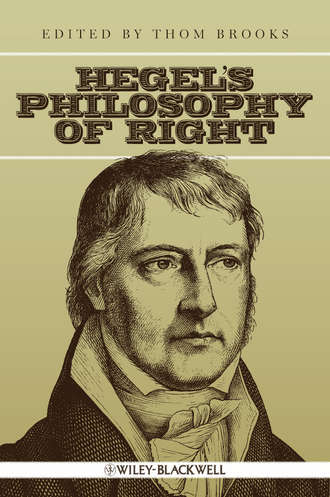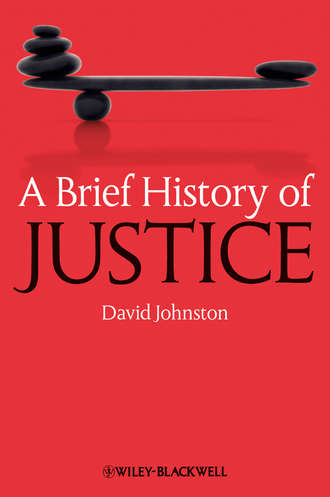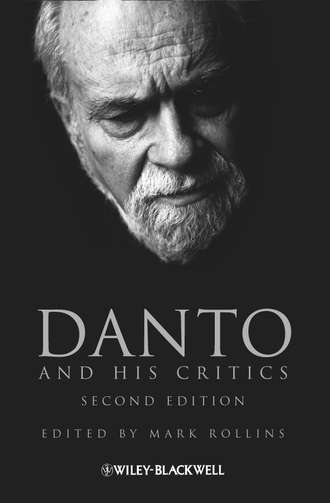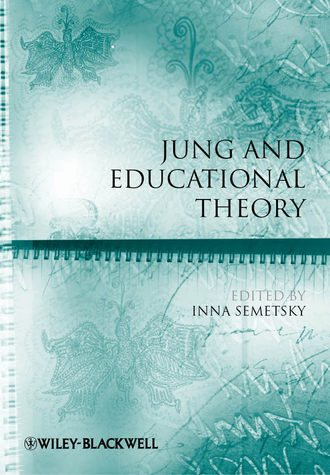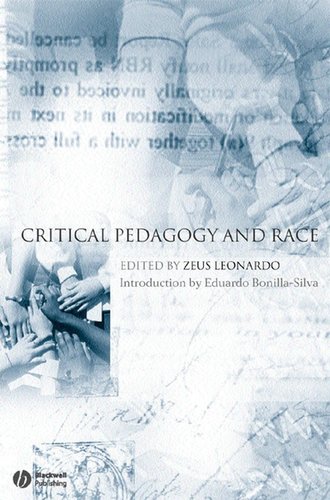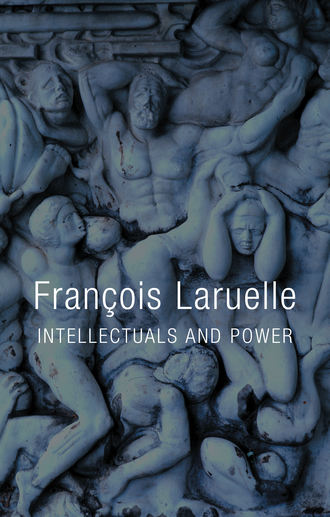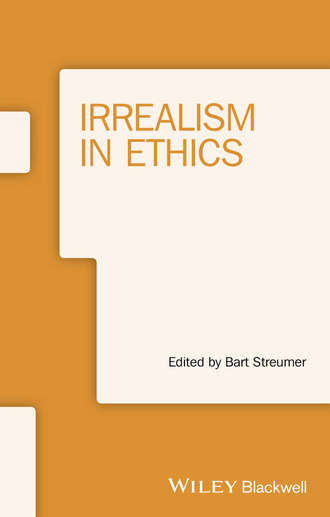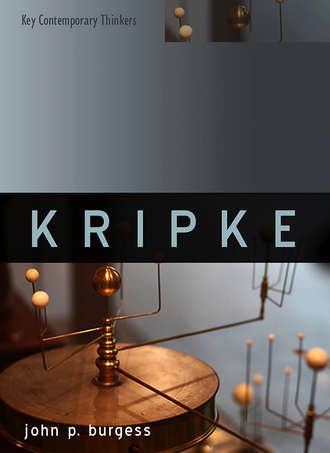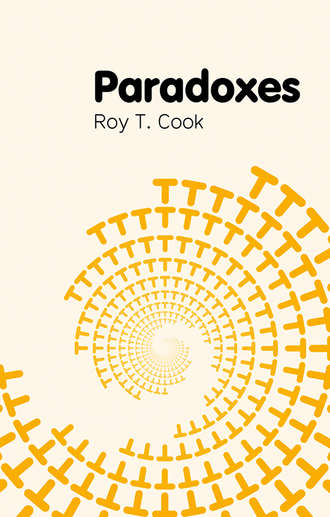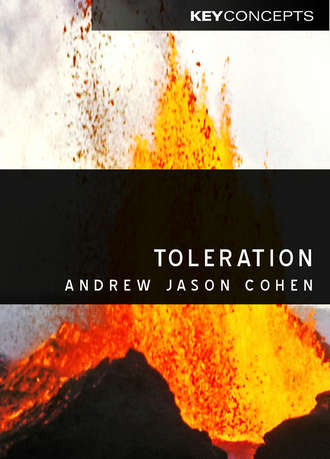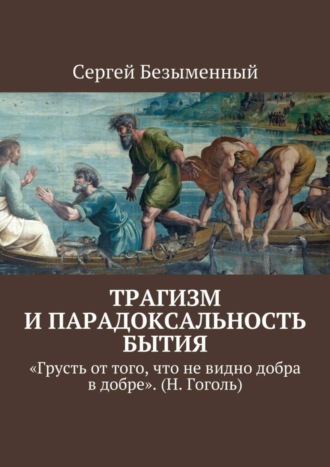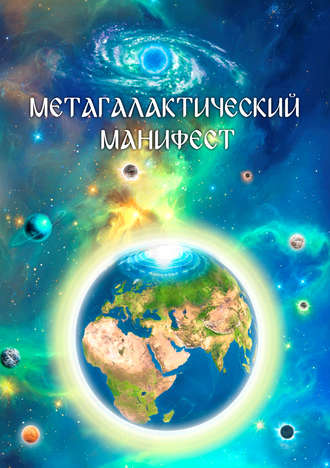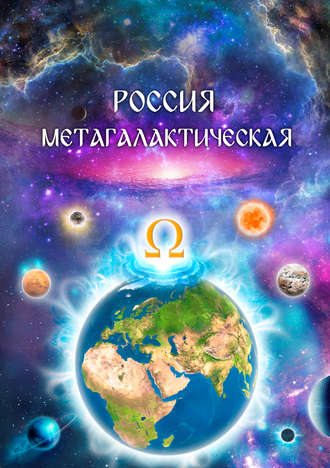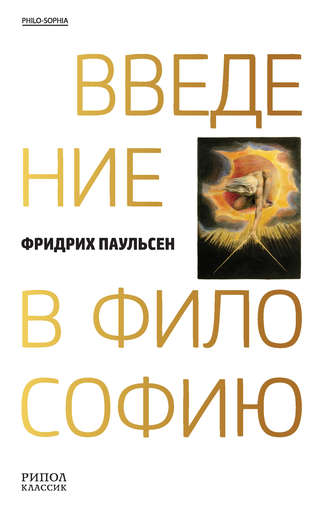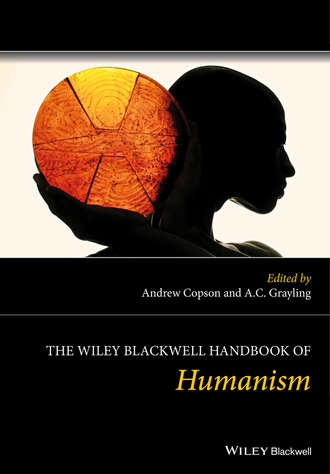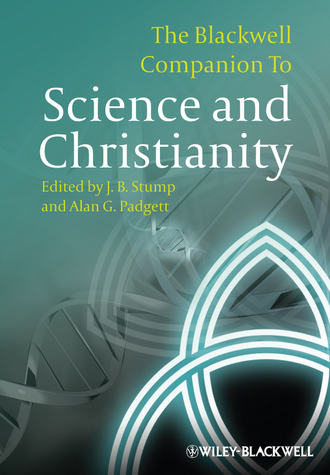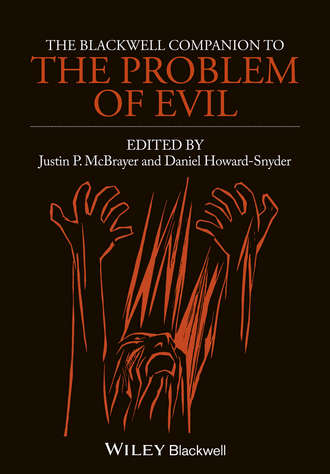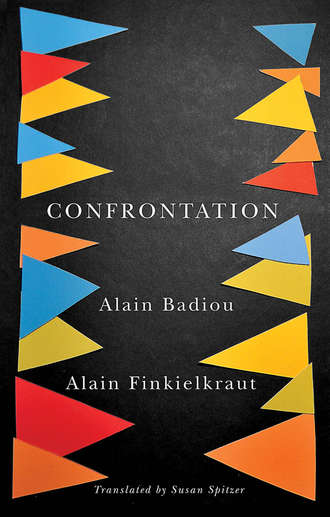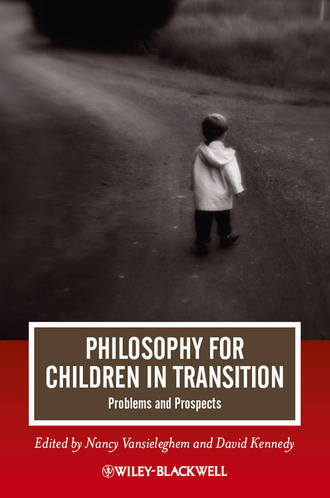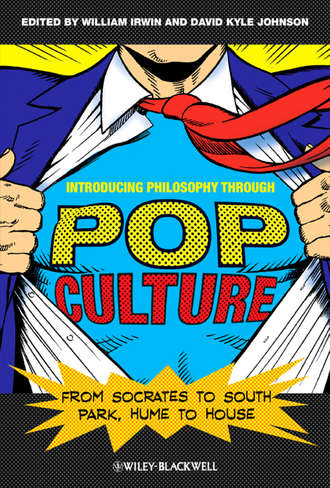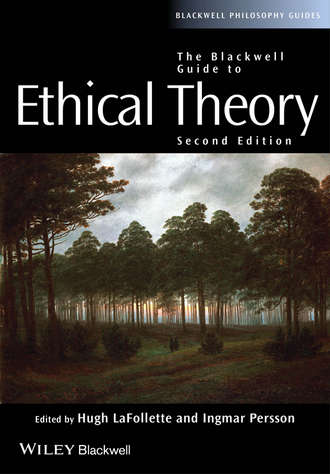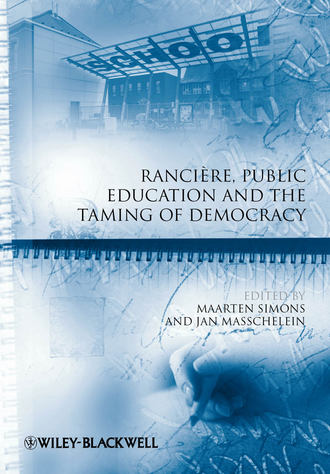книги по философии
The Blackwell Guide to Hegel's Phenomenology of Spirit
Kenneth Westphal R.
Providing a groundbreaking collective commentary, by an international group of leading philosophical scholars, Blackwell’s Guide to Hegel’s Phenomenology of Spirit transforms and expands our understanding and appreciation of one of the most...
An Introduction to Evolutionary Ethics
Scott James M.
Offering the first general introductory text to this subject, the timely Introduction to Evolutionary Ethics reflects the most up-to-date research and current issues being debated in both psychology and philosophy. The book presents students to...
Hegel's Philosophy of Right
Thom Brooks
Hegel's Philosophy of Right presents a collection of new essays by leading international philosophers and Hegel scholars that analyze and explore Hegel's key contributions in the areas of ethics, politics, and the law. The most comprehensive...
Virtue and Vice, Moral and Epistemic
Heather Battaly
Virtue and Vice, Moral and Epistemic presents a series of essays by leading ethicists and epistemologists who offer the latest thinking on the moral and intellectual virtues and vices, the structure of virtue theory, and the connections between...
A Brief History of Justice
David Johnston
A Brief History of Justice traces the development of the idea of justice from the ancient world until the present day, with special attention to the emergence of the modern idea of social justice. An accessible introduction to the history of...
Danto and His Critics
Mark Rollins
Updated and revised, the Second Edition of Danto and His Critics presents a series of essays by leading Danto scholars who offer their critical assessment of the influential works and ideas of Arthur C. Danto, the Johnsonian Professor Emeritus...
Jung and Educational Theory
Inna Semetsky
Jung and Educational Theory offers a new take on Jung’s work, providing original, rich and informative material on his impact on educational research. Explores Jung’s writing from the standpoint of educational philosophy, assessing what it has...
Critical Pedagogy and Race
Zeus Leonardo
Critical Pedagogy and Race argues that a rigorous engagement with race is a priority for educators concerned with equality in schools and in society. A landmark collection arguing that engaging with race at both conceptual and practical levels...
Critical Thinking and Learning
Mark Mason
By introducing current debates in the field of critical thinking and posing new questions from contributing scholars, Critical Thinking and Learning examines the received wisdom in the field of critical thinking and learning. Examines the...
Agents and Their Actions
Maximilian Gaynesford de
Reflecting a recent flourishing of creative thinking in the field, Agents and Their Actions presents seven newly commissioned essays by leading international philosophers that highlight the most recent debates in the philosophy of action...
A Companion to Schopenhauer
Bart Vandenabeele
A Companion to Schopenhauer provides a comprehensive guide to all the important facets of Schopenhauer’s philosophy. The volume contains 26 newly commissioned essays by prominent Schopenhauer scholars working in the field today. A thoroughly...
The Formation of Reason
David Bakhurst
In The Formation of Reason, philosophy professor David Bakhurst utilizes ideas from philosopher John McDowell to develop and defend a socio-historical account of the human mind. Provides the first detailed examination of the relevance of John...
Plato's Republic
Ален Бадью
Plato's Republic is one of the most well-known and widely discussed texts in the history of philosophy, but how might we get to the heart of this work today, 2500 years after it was originally composed? Alain Badiou invents a new genre in order...
Intellectuals and Power
Francois Laruelle
In this important new book, the leading philosopher Fran?ois Laruelle examines the role of intellectuals in our societies today, specifically with regards to criminal justice. He argues that, rather than concerning themselves with abstract...
Identity and Discrimination
Timothy Williamson
Identity and Discrimination, originally published in 1990 and the first book by respected philosopher Timothy Williamson, is now reissued and updated with the inclusion of significant new material. Williamson here proposes an original and...
Irrealism in Ethics
Bart Streumer
Irrealism in Ethics presents a collection of six original essays contributed by prominent moral philosophers that address various forms of the philosophical position of ethical irrealism. Addresses various forms of the philosophical position of...
Ranciere Now
Oliver Davis
The French philosopher Jacques Ranci?re is well known across the world for his groundbreaking contributions to aesthetic and political theory and for his radical rethinking of the question of equality. This much-needed new collection situates...
Environmental Ethics
Michael Boylan
The second edition of Environmental Ethics combines a strong theoretical foundation with applications to some of the most pressing environmental problems. Through a mix of classic and new essays, it discusses applied issues such as pollution,...
Kripke
John Burgess P.
Saul Kripke has been a major influence on analytic philosophy and allied fields for a half-century and more. His early masterpiece, Naming and Necessity, reversed the pattern of two centuries of philosophizing about the necessary and the...
Locke
A. Pyle J.
John Locke (1632-1704) has a good claim to the title of the greatest ever English philosopher, and was a founding father of both the empiricist tradition in philosophy and the liberal tradition in politics. This new book provides an accessible...
Paradoxes
Roy Cook T.
Paradoxes are arguments that lead from apparently true premises, via apparently uncontroversial reasoning, to a false or even contradictory conclusion. Paradoxes threaten our basic understanding of central concepts such as space, time, motion,...
Toleration
Andrew Cohen Jason
In this engaging and comprehensive introduction to the topic of toleration, Andrew Jason Cohen seeks to answer fundamental questions, such as: What is toleration? What should be tolerated? Why is toleration important? Beginning with some key...
Properties
Douglas Edwards
The world is populated with many different objects, to which we often attribute properties: we say, for example, that grass is green, that the earth is spherical, that humans are animals, and that murder is wrong. We also take it that these...
Leibniz
Richard Arthur T.W.
Few philosophers have left a legacy like that of Gottfried Wilhelm Leibniz. He has been credited not only with inventing the differential calculus, but also with anticipating the basic ideas of modern logic, information science, and fractal...
Locke
Samuel Rickless C.
In a focused assessment of one of the founding members of the liberal tradition in philosophy and a self-proclaimed “Under-Labourer” working to support the scientific revolution of the seventeenth century, the author maps the full range of John...
Camus
David Sherman
Reflecting the profound influence he continues to exert on popular consciousness, Camus examines the complete body of works of French author and philosopher Albert Camus, providing a comprehensive analysis of Camus’ most important works—most...
Wittgenstein
Hans Sluga
Wittgenstein presents a concise, comprehensive, and systematic treatment of Ludwig Wittgenstein's thought from his early work, Tractatus Logico-Philosophicus, to the posthumous publication of On Certainty, notes written just prior to his death....
Трагизм и парадоксальность бытия. «Грусть от того, что не видно добра в добре». (Н. Гоголь)
Сергей Безыменный
Чем старше мы становимся, тем глубже пытаемся всеми силами нашего духа и сознания проникнуть в мучающие нас проблемы. Очевидно, что цель этой книги не столько в разрешении этих проблем, сколько в обостренной их постановке перед христианским...
Метагалактический Манифест
Виталий Сердюк
Метагалактический Манифест – книга, являющая начало Метагалактической эпохи развития человека на планете Земля. Эта книга для тех, кому интересен реальный позитивный взгляд на путь развития человека и цивилизации. Выход человека планеты Земля в...
Россия Метагалактическая (сборник)
Виталий Сердюк
В сборник вошли тексты выступлений перед российскими гражданами основателя Философии Синтеза Русского Космизма, ведущего Метагалактических Философских Чтений Синтеза Виталия Сердюка. Книга предназначена для широкого круга читателей.
Введение в философию
Фридрих Паульсен
Книга известного немецкого философа и педагога Фридриха Паульсена, посвященная анализу основных вопросов философии. В первой части книги автор рассматривает проблемы метафизики, к которым относит онтологическую и космолого-теологическую...
Капитал. Духовный
Александр Головко
Духовный «Капитал» из глубокого забвения в течение многих тысяч лет наконец-то неудержимо врывается в наш мир. В человеке он есть в потенциальном состоянии, в таком огромном по силе и значению виде, что позволял доисторическому человеку быть на...
Глупость современных философов
Аркадий Арк
Философ Лев Балашов утверждает: «Философы, как и все другие, отнюдь не защищены от словоблудия, глупости, заблуждений, вредных и злых мыслей… Можно привести немало примеров, когда даже знаменитые философы говорили глупости или вредные-опасные...
Кенонцентризм
Виталий Александрович Кириллов
Кенонцентризм – краткое философское эссе о новом философском направлении, в котором обозначаются, описываются и решаются некоторые человеческие проблемы, с которыми на протяжении тысячелетий сталкивается философия. Например, речь идёт о проблеме...
The Wiley Blackwell Handbook of Humanism
Grayling A. C.
The Wiley Blackwell Handbook of Humanism presents an edited collection of essays that explore the nature of Humanism as an approach to life, and a philosophical analysis of the key humanist propositions from naturalism and science to morality...
The Blackwell Companion to Science and Christianity
Stump J. B.
A cutting-edge survey of contemporary thought at the intersection of science and Christianity. Provides a cutting-edge survey of the central ideas at play at the intersection of science and Christianity through 54 original articles by...
The Blackwell Companion to The Problem of Evil
McBrayer Justin P.
The Blackwell Companion to the Problem of Evil presents a collection of original essays providing both overview and insight, clarifying and evaluating the philosophical and theological “problem of evil” in its various contexts and...
The Blackwell Companion to Natural Theology
Moreland J. P.
With the help of in-depth essays from some of the world's leading philosophers, The Blackwell Companion to Natural Theology explores the nature and existence of God through human reason and evidence from the natural world. Provides in-depth and...
Bakery Food Manufacture and Quality. Water Control and Effects
Young Linda S.
Water is the major contributor to the eating and keeping qualities and structure of baked products. Its management and control during preparation, processing, baking, cooling and storage is essential for the optimisation of product quality. This...
Investigative Ethics. Ethics for Police Detectives and Criminal Investigators
Miller Seumas
Investigative Ethics: Ethics for Police Detectives and Criminal Investigators presents applied philosophical analyses of the ethical issues that arise for police detectives and other investigators in contemporary society. Explores ethical issues...
The Aesthetics of Wine
Skilleas Ole M.
The Aesthetics of Wine shows that discussing wine within the framework of aesthetics both benefits our understanding of wine as a phenomenon, while also challenging some of the basic assumptions of the tradition of aesthetics. Analyzes the...
Confrontation. A Conversation with Aude Lancelin
Ален Бадью
Everything in their respective positions divides them: Alain Badiou is the thinker of a revitalized communism and Alain Finkielkraut the mournful observer of the loss of values. The two opponents, gathered here for their first-ever debate, have...
A Companion to W. V. O. Quine
Lepore Ernest
This Companion brings together a team of leading figures in contemporary philosophy to provide an in-depth exposition and analysis of Quine’s extensive influence across philosophy’s many subfields, highlighting the breadth of his work, and...
A Companion to the Philosophy of Literature
Hagberg Garry L.
This monumental collection of new and recent essays from an international team of eminent scholars represents the best contemporary critical thinking relating to both literary and philosophical studies of literature. Helpfully groups essays into...
Philosophy for Children in Transition. Problems and Prospects
Vansieleghem Nancy
Philosophy for Children in Transition presents a diverse collection of perspectives on the worldwide educational movement of philosophy for children. Educators and philosophers establish the relationship between philosophy and the child, and...
Introducing Philosophy Through Pop Culture. From Socrates to South Park, Hume to House
Johnson David Kyle
What can South Park tell us about Socrates and the nature of evil? How does The Office help us to understand Sartre and existentialist ethics? Can Battlestar Galactica shed light on the existence of God? Introducing Philosophy Through Pop...
The Admissible Contents of Experience
Hawley Katherine
Which objects and properties are represented in perceptual experience, and how are we able to determine this? The papers in this collection address these questions together with other fundamental questions about the nature of perceptual content....
The Blackwell Guide to Ethical Theory
LaFollette Hugh
Building on the strengths of the highly successful first edition, the extensively updated Blackwell Guide to Ethical Theory presents a complete state-of-the-art survey, written by an international team of leading moral philosophers. A new...
Ranci?re, Public Education and the Taming of Democracy
Simons Maarten
Ranci?re, Public Education and the Taming of Democracy introduces the political and educational ideas of Jacques Ranci?re, a leading philosopher increasingly important in educational theory. In light of his ideas, the volume explores the current...
Global Democracy and Exclusion
Schutter Helder De
The essays in this book explore the consequences of globalization for democracy, covering issues which include whether democracy implies exclusion or borders, and whether it is possible to create a democracy on a global level. Explores the...


